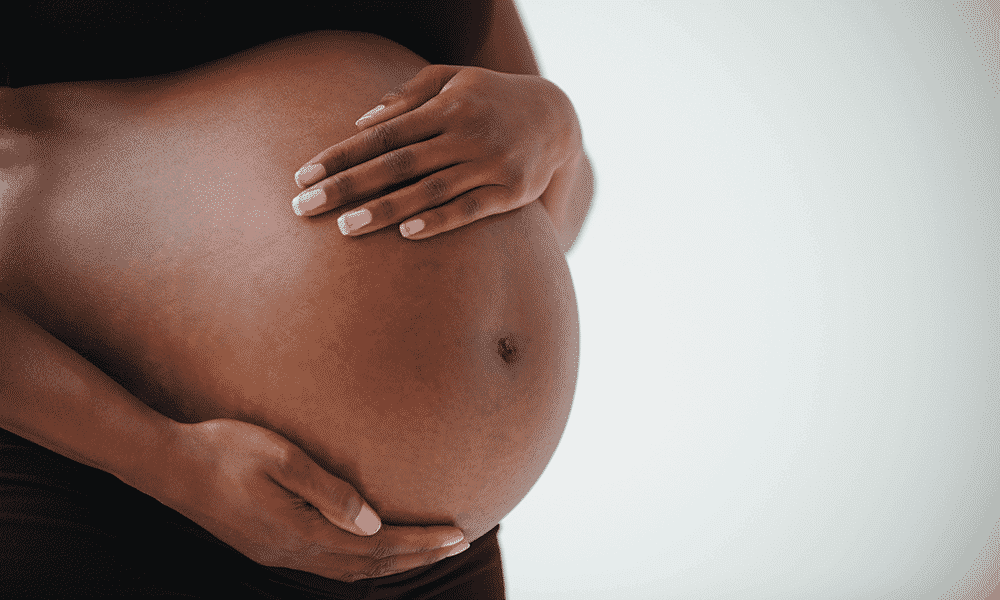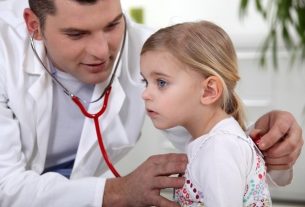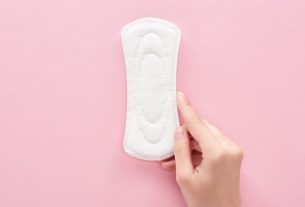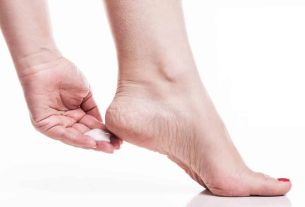Do you consume a lot of caffeine? Do you have questions about whether pregnant women can drink coffee? Then find out more about the consumption of this substance during pregnancy.
Pregnancy is a time that can generate many doubts and concerns, especially regarding food. Which habits can stay the same and which ones should change? What precautions should be taken during this period of the baby’s development? These are some of the questions raised and among them is whether or not you can drink coffee while pregnant. Therefore, we have brought some important information on this subject.
As coffee is one of the main drinks consumed by Brazilians, it may be difficult for some people to eliminate this food from their daily lives. Furthermore, many other foods and even medicines have caffeine in their composition, which can further restrict eating habits during pregnancy and make it necessary to be more careful with the consumption of this substance.
According to the American College of Obstetricians and Gynecologists (ACOG), coffee is not prohibited for pregnant people, but some precautions should be taken. Therefore, the ideal is for coffee consumption to be up to 200 mg per day, which is equivalent to 1 to 2 cups of 240 to 580 ml of coffee. But still, only one dose per day is recommended.
Additionally, you can choose to consume decaffeinated coffee, which contains less of this substance. And even after birth, it is important to maintain these precautions during breastfeeding. This is because the effects of coffee on adults are different on babies, find out more about it below.
Effects of coffee during pregnancy

Caffeine has a high stimulating power, so its effects will be different on the fetus when the pregnant person drinks coffee. Caffeine is responsible for making the body release more adrenaline into the body, a hormone that has a vasoconstrictor effect. In other words, it acts to contract veins and arteries, reducing blood flow in the body. Therefore, the consumption of foods with caffeine can reduce the size of the vessels that feed the placenta by up to 15%, harming the development of the fetus.
Another concern is the fact that the baby’s body is still being formed, which changes the way it metabolizes food. Therefore, your body will take much longer to process the caffeine, making its effect last longer, which can lead to tachycardia and changes in the baby’s sleeping patterns.
But it is also important to point out that, even though pregnant people can drink coffee, their body reacts differently to some substances during pregnancy. Therefore, it is not recommended to consume coffee after heavy meals, as caffeine makes it difficult for the body to absorb iron, and this is a much more important nutrient during pregnancy. Furthermore, choose coffee without sugar, as too much sugar can affect your baby’s taste perception.

Therefore, coffee consumption is not prohibited during pregnancy, but its consumption should be moderated and even avoided. In addition to the effects mentioned above, excessive consumption can cause decreased absorption of calcium in the body, stomach pain, reflux and diarrhea, irritability, anxiety, insomnia, tremors and dehydration. Therefore, specialized monitoring is especially important. So keep an eye on any changes and if you have any doubts, consult your obstetrician.
Foods that contain caffeine

As caffeine is the substance that should be avoided during pregnancy, it is important to know that it is not only present in coffee. So, get to know some of the main foods in which it is present.
- Traditional coffee: 60–200 mg per 8-ounce serving
- Espresso: 30–50 mg per 30 ml serving
- Mate tea: 65–130 mg per 240 ml serving
- Black tea: 30 – 60 mg per 200 ml serving
- Green tea: 30 – 60 mg per 200 ml serving
- Instant coffee: 57 mg in 1 teaspoon
- Energy drinks: 50–160 mg per 8-ounce serving
- Soft drinks: 30–60 mg per 355 ml serving
- Chocolate milk: 2–7 mg per 8-ounce serving
- Chocolate: 1-35 mg per 28 g serving
- Dark chocolate: 8 – 20 mg per 40 g serving
- Decaffeinated coffee: 2–4 mg per 8-ounce serving
- Ice Tea drink: 30 – 60 mg in one can
Medicines that contain caffeine
In addition to being careful with the composition of your food, pay extra attention to medications that may contain caffeine. Therefore, see below some of the main ones.
- Benegrip
- Tylalgin Coffee
- Paracetamol + caffeine
- Sodium Dipyrone + Caffeine
- Dorflex
- Dorona Cafi
- Cold
- Ana-Flex
- Coristina D
- Cafilisator
- Mioflex
- Torsilax
- Gripinew
- Neosaldina
- Tandrilax
- Sedalex
Source: Tips for Women Your Health Live Well
Images: Beyoung Tudo Ela Vix Online Tips

Sign up for our newsletter and stay up to date with exclusive news
that can transform your routine!
Warning: Undefined array key "title" in /home/storelat/public_html/wp-content/plugins/link-whisper-premium/templates/frontend/related-posts.php on line 12
Warning: Undefined array key "title_tag" in /home/storelat/public_html/wp-content/plugins/link-whisper-premium/templates/frontend/related-posts.php on line 13




